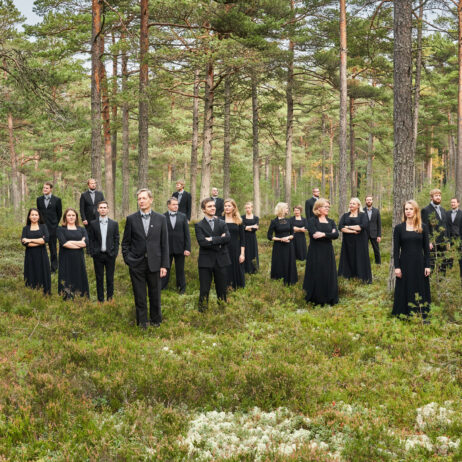DDEX and Gramex: efficiency through standards

DDEX is a non-for-profit standards setting organisation representing the entire music industry value chain. DDEX has a membership in excess of 140 and they are drawn from collective rights organisations for musical works, sound recordings and performers, music publishers, record companies, distributors, digital music service providers, studio service companies and technology companies from across the globe.
In practice, DDEX standardises the metadata formats that accompany digital audio files. To support this automated exchange of information along the digital music value chain, DDEX standardises the formats in which information is represented in messages and the method by which the messages are exchanged between business partners. These standards are developed and made available for free for industry-wide implementation.
One of the many areas DDEX is focusing on is the continuous improvement in communication between music licensing companies representing performers and producers such as Gramex Finland and the owners of rights in sound recordings, music videos and audio-visual resources.
These discussions also address the requirements of industry data hubs focused on the smooth exchange of data in the neighbouring rights sector.
“The standards that deal with both the declaration of the rights in resources as well as the reporting of revenues generated from the usage of releases and/or resources are known as the Recording Data and Rights standards (RDR). There are currently three RDR standards that specify messages that encompass 360-degree communication relating to neighbouring rights between all relevant stakeholders”, says Vanessa Bastian from DDEX secretariat.
The new Rights Claim Conflict (RCC) standard provides a mechanism for addressing rights conflicts between claiming parties on the one hand, usually record companies or performers, and music licensing companies, on the other.
“The two messages contained in the RCC standard enable music licensing companies to notify claiming parties if one or more of their rights claims are in conflict and subsequently to receive a response, in which the conflicting parties either update, maintain or revoke the claims that they made earlier which led to the conflict. The aim is to resolve the rights claim conflict and dispute between rights holder to ultimately release the revenue to be paid out to the rightful owners”, says Bastian.
The success of DDEX’s work depends on the active involvement of member organisations.
“Members like Gramex Finland also play an essential role in this work by liaising with its own members to widen the circle of the DDEX membership and users of its standards. This also includes the closer collaboration between trade associations such as IFPI and SCAPR. Ultimately, DDEX, its members and, where relevant, their members, all have the same interests and common goal at heart, to create more accurate and efficient communications and business processes between all stakeholders within the ever-growing music industry landscape”, says Bastian.




